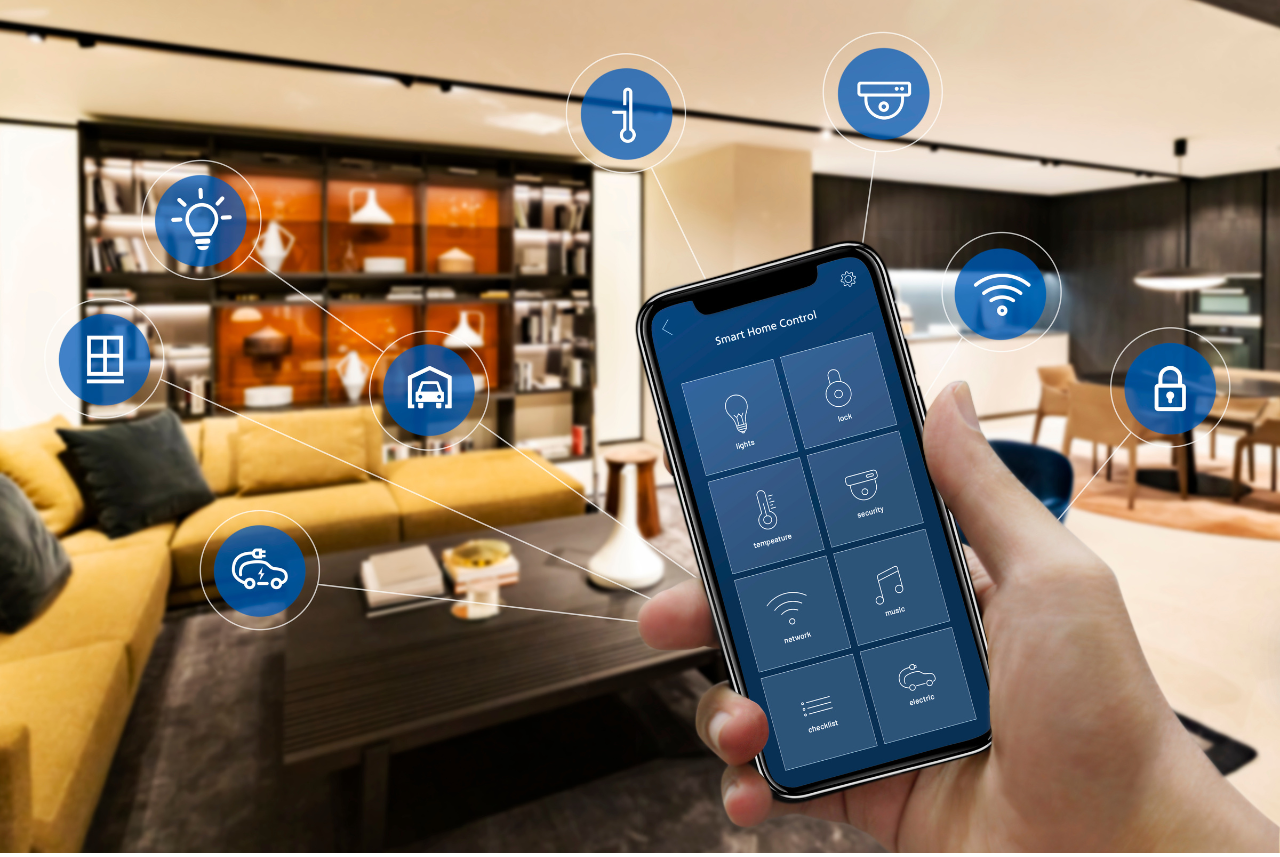
Smart Data Management in Eco-Homes: A Green Tech Revolution
Share
As the world increasingly embraces sustainability, the concept of eco-homes has emerged as a crucial component in the green movement. At the heart of these environmentally friendly dwellings lies smart data management, a powerful tool reshaping how we interact with our living spaces. This revolutionary approach not only enhances energy efficiency but also optimizes resource use, playing a vital role in mitigating climate change. In this article, we'll dissect the intricacies of smart data management in eco-homes and explore how it is transforming the way we live.

The Core of Smart Data Management in Eco-Homes
At its essence, smart data management involves the collection, analysis, and utilization of data to improve efficiency and sustainability. In eco-homes, this translates to integrating advanced technologies like IoT devices, sensors, and AI-driven systems to monitor and manage energy consumption, water usage, and other critical resources.
For tech professionals and enthusiasts, the appeal of smart data management lies in its potential to revolutionize residential environments. By leveraging cutting-edge technologies, homeowners can gain real-time insights into their energy consumption patterns and make informed decisions to reduce their carbon footprint.
Key Technologies Driving Smart Data Management
The backbone of smart data management in eco-homes consists of several key technologies:
- IoT Devices: Internet of Things (IoT) devices play a pivotal role by connecting everyday appliances and systems, facilitating seamless data exchange and automation.
- Sensors: These devices collect real-time data on various environmental parameters, enabling precise monitoring of energy and water usage.
- AI and Machine Learning: Artificial intelligence and machine learning algorithms analyze the collected data, providing actionable insights and optimizing resource management.
By embracing these technologies, eco-homes can achieve unprecedented levels of efficiency and sustainability, making them a cornerstone of modern green living.
Benefits of Smart Data Management in Eco-Homes
The integration of smart data management systems offers a plethora of benefits for homeowners and the environment alike:
Enhanced Energy Efficiency
One of the primary advantages of smart data management is its ability to enhance energy efficiency. By continuously monitoring and analyzing energy consumption patterns, homeowners can identify areas for improvement and implement strategies to reduce waste. This not only lowers energy bills but also contributes to a significant reduction in greenhouse gas emissions.
For more insights on energy-efficient technologies, check out this [link](https://hubitat.com/blog/559215869995-10-amazing-products-for-eco-friendly-home-automation) on eco-friendly home automation products.
Optimized Resource Utilization
Smart data management extends beyond energy efficiency; it also encompasses water conservation and resource optimization. By using automated water conservation tools, eco-homes can monitor water usage in real-time, preventing waste and promoting responsible consumption. Discover more about [automated water conservation tools](https://iottechnologies.io/blogs/our-latest-posts/automated-water-conservation-tools) for sustainable living.
Improved Indoor Air Quality
Eco-homes equipped with smart data management systems can maintain optimal indoor air quality. By continuously monitoring air quality parameters, these systems can trigger automated responses to improve ventilation and reduce air pollutants, ensuring a healthier living environment.
Challenges and Considerations
While smart data management in eco-homes offers numerous benefits, it also presents certain challenges and considerations:
Data Privacy and Security
With the proliferation of connected devices, data privacy and security become paramount. Homeowners must ensure that their smart systems are equipped with robust security measures to protect sensitive information from cyber threats.
Integration and Compatibility
Integrating various smart devices and systems can be complex, especially when dealing with different manufacturers and protocols. Ensuring compatibility and seamless integration is crucial for maximizing the benefits of smart data management.
Future of Smart Data Management in Eco-Homes
The future of eco-homes and smart data management is bright, with continuous advancements in technology driving innovation. As AI and machine learning algorithms become more sophisticated, eco-homes will become even more efficient and sustainable, offering greater convenience and comfort to homeowners.
For a deeper understanding of how analytics can contribute to green living, explore this [article](https://iottechnologies.io/blogs/our-latest-posts/using-analytics-for-green-living) on using analytics for sustainable practices.

FAQs
-
What is smart data management in eco-homes?
Smart data management involves using technology to monitor and optimize energy and resource usage in eco-homes, enhancing efficiency and sustainability. -
How do IoT devices contribute to smart data management?
IoT devices connect various home systems and appliances, enabling real-time data exchange and automation for improved efficiency. -
What are the benefits of smart data management?
Benefits include enhanced energy efficiency, optimized resource utilization, and improved indoor air quality, contributing to a greener lifestyle.
As we continue to advance in the realm of green technology, smart data management in eco-homes stands out as a promising solution for a sustainable future. By harnessing the power of data and technology, we can create living spaces that are not only environmentally friendly but also efficient and comfortable. For more insights into green technology trends, you can visit this [resource](https://www.binbin.tech/en/what-are-the-new-trends-in-green-technology/).
